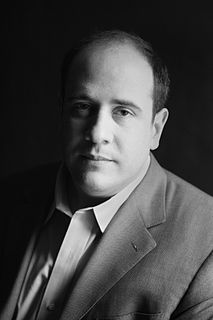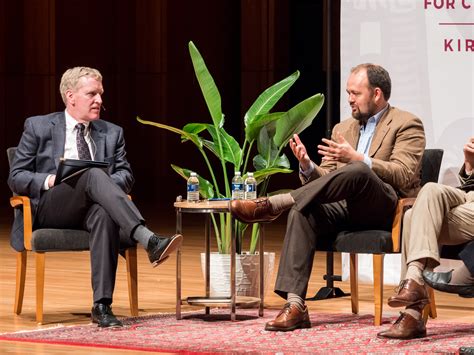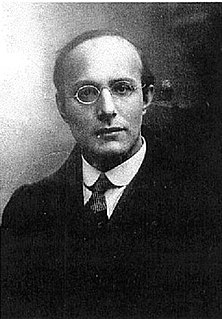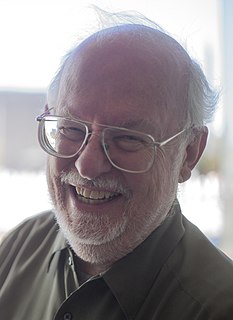A Quote by Rick Perlstein
One of the most important things liberals don't understand about conservatism, obscured by too much lazy talk about conservatism's various 'wings,' is that its tenets form a relatively organic base for its adherents, where 'traditional morality' serves the interests of laissez-faire economics and vice-versa.
Related Quotes
I think there's a growing amount of confusion about what conservatism is. And it is time for us to understand that conservatism is not built on personalities. Conservatism is not simply built on how angry you might seem from time to time. Conservatism is built on a set of principles and ideas that our nation desperately needs.
f you analyze it I believe the very heart and soul of conservatism is libertarianism. I think conservatism is really a misnomer just as liberalism is a misnomer for the liberals - if we were back in the days of the Revolution, so-called conservatives today would be the Liberals and the liberals would be the Tories. The basis of conservatism is a desire for less government interference or less centralized authority or more individual freedom and this is a pretty general description also of what libertarianism is.
To complete the rout of traditionalists, in America an impression began to arise that the new industrial and acquisitive interests are the conservative interest, that conservatism is simply a political argument in defense of large accumulations of private property, that expansion, centralization, and accumulation are the tenets of conservatives. From this confusion, from the popular belief that Hamilton was the founder of American conservatism, the forces of tradition in the United States never have fully escaped.
There was nothing natural about laissez-faire; free markets could never have come into being merely by allowing things to take their course. Just as cotton manufactures were created by the help of protective tariffs, export bounties, and indirect wage subsidies, laissez-faire was enforced by the state.
Northeastern conservatism is moderate, accepts the modern welfare state, and dislikes mixing religion with politics. Western conservatism is hawkish, hates government, and embraces individual freedom. Southern conservatism is populist, draws on evangelical Christianity, and plays upon racial resentments.
If you go back to Adam Smith, you find the idea that markets and market forces operate as an invisible hand. This is the traditional laissez-faire market idea. But today, when economics is increasingly defined as the science of incentive, it becomes clear that the use of incentives involves quite active intervention, either by an economist or a policy maker, in using financial inducements to motivate behavior. In fact, so much though that we now almost take for granted that incentives are central to the subject of economics.
Conservatism is not about leaving people behind. Conservatism is about empowering people to catch up, to give them the tools at their disposable that make it possible for them to access all the hope, all the promise, all the opportunity that America offers. And our programs to help them should reflect that.






































